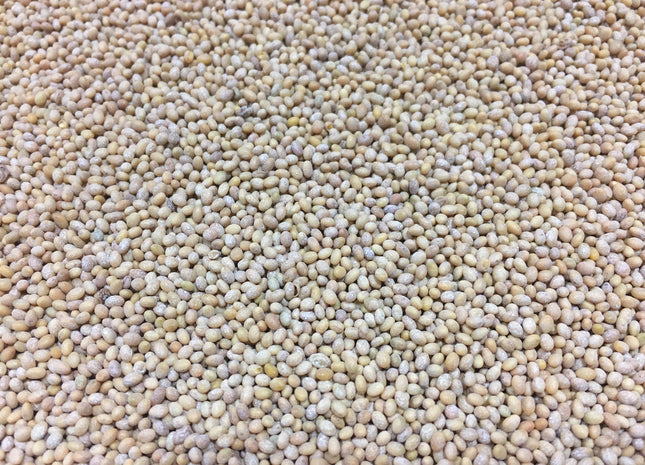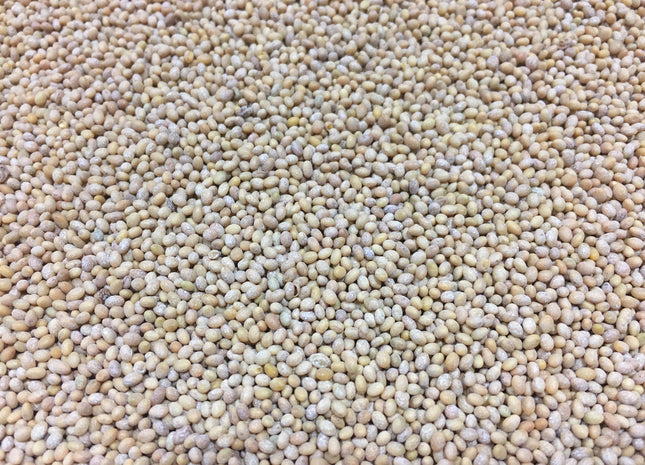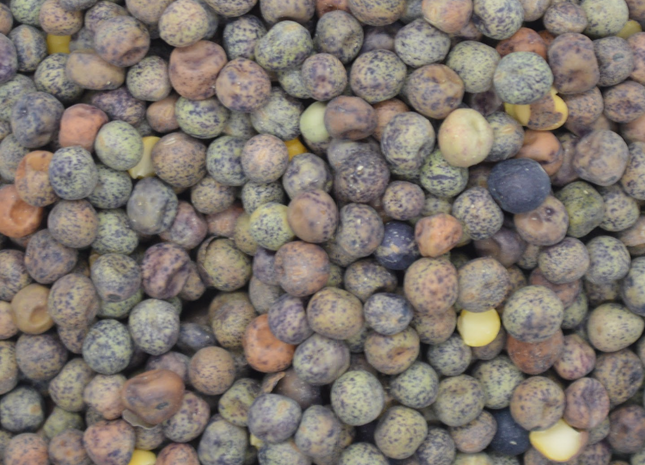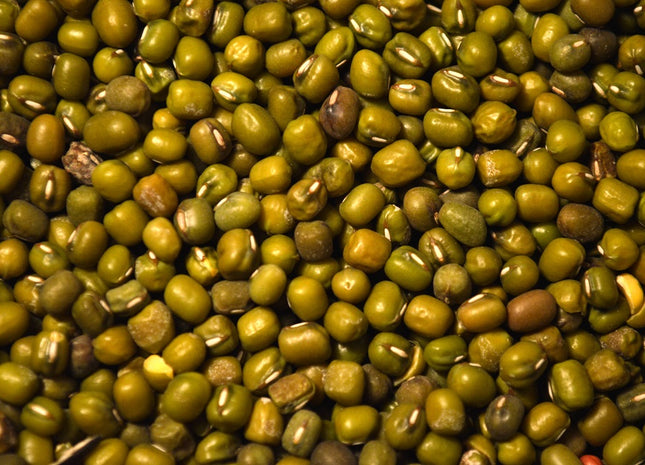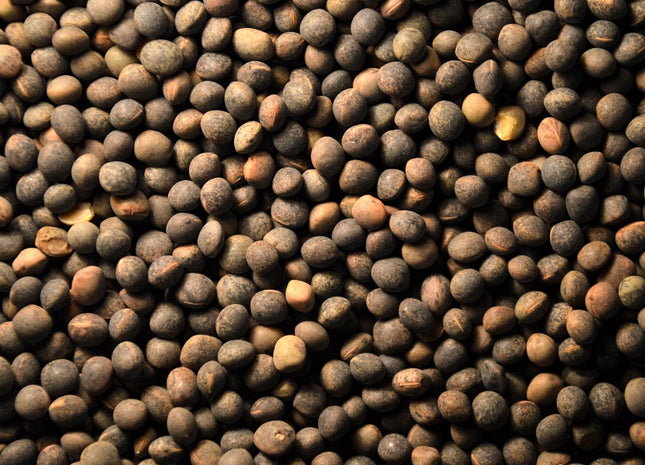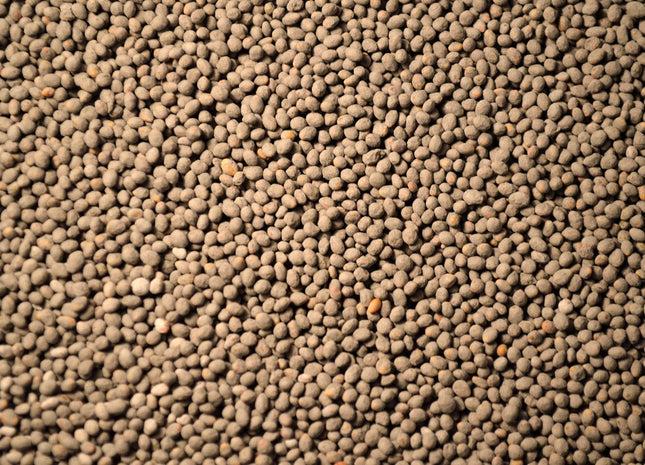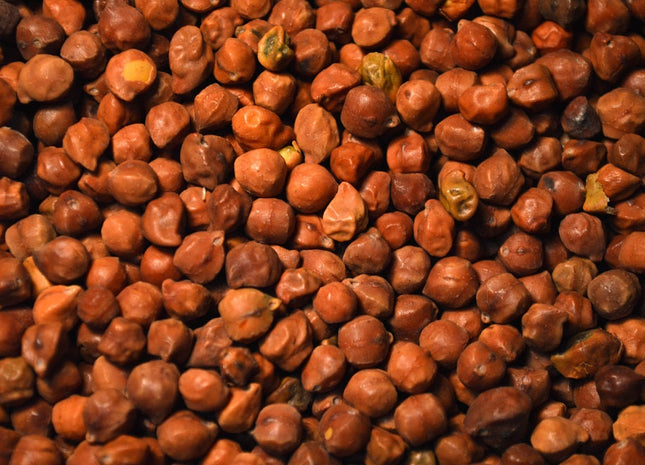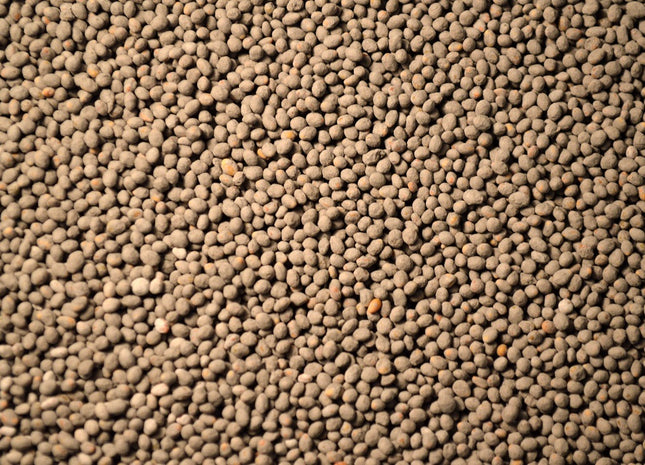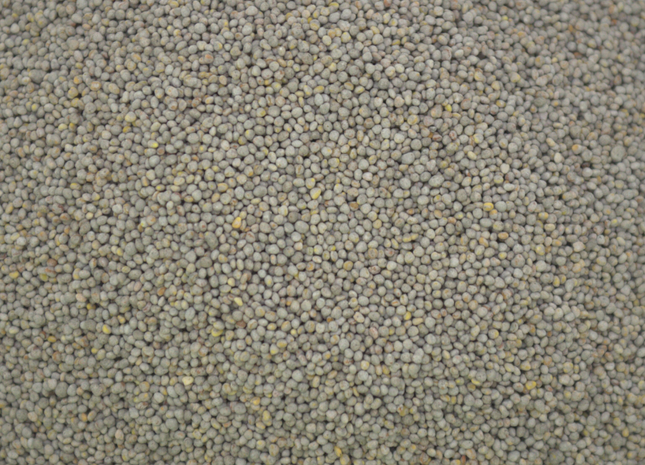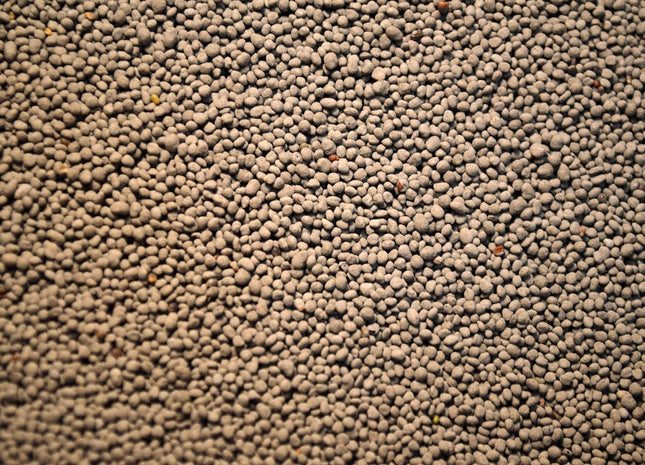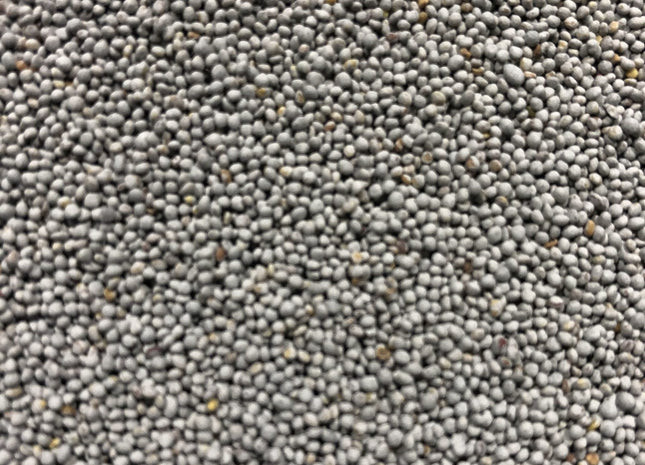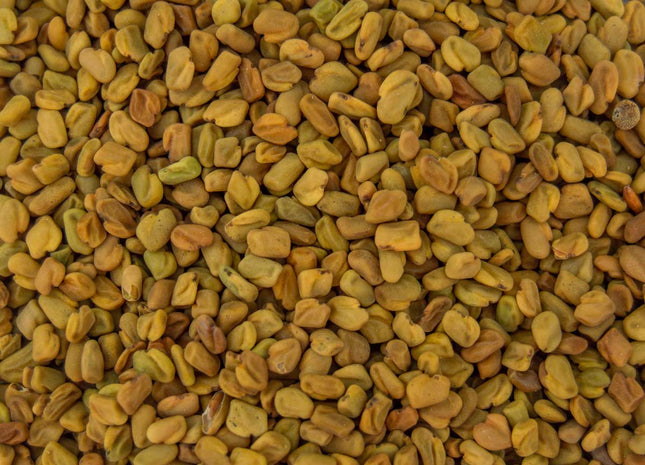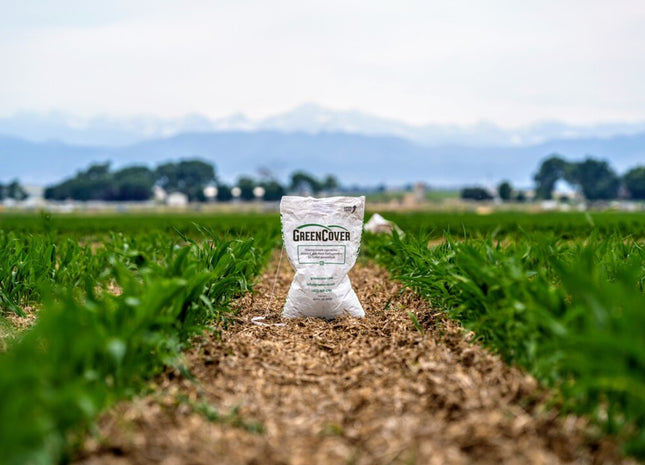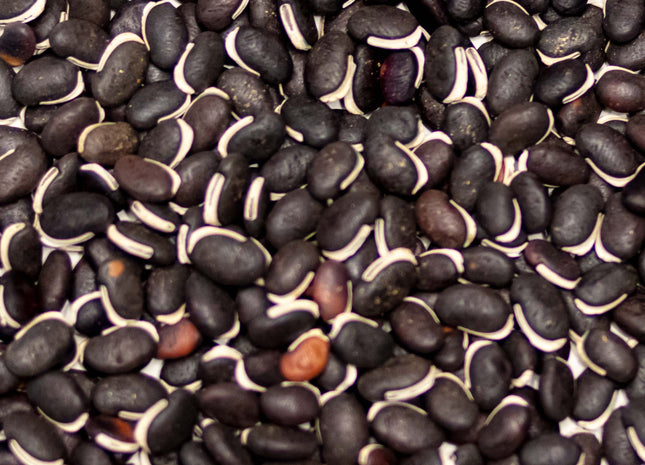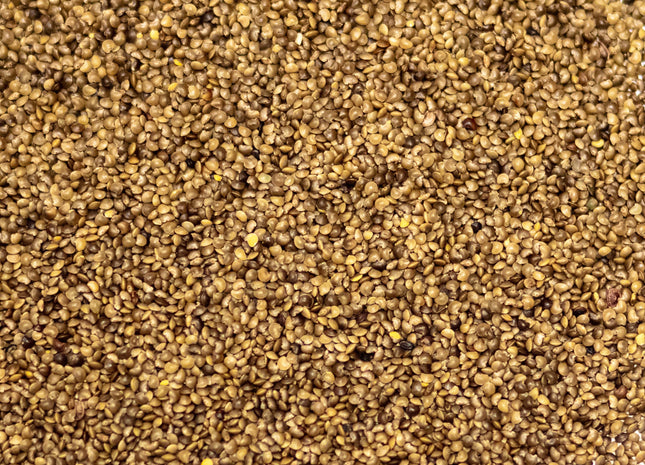Legumes

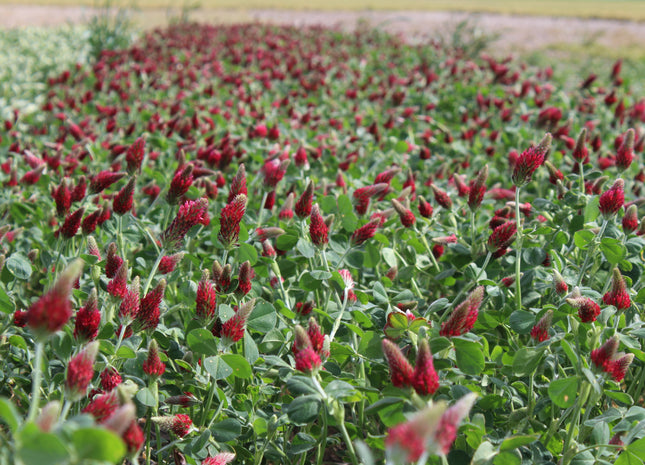
Crimson Clover (Dixie) - OMRI Inoculated
Crimson clover is one of the fastest growing, fastest establishing clovers. Known for its beautiful, deep red, cone shaped bloom, crimson clover is one of the most aesthetically pleasing cover crops and a popular choice for pollinator insects. For a more cold tolerant and higher biomass version, consider Kentucky Pride crimson clover.
from $1.26 per lb

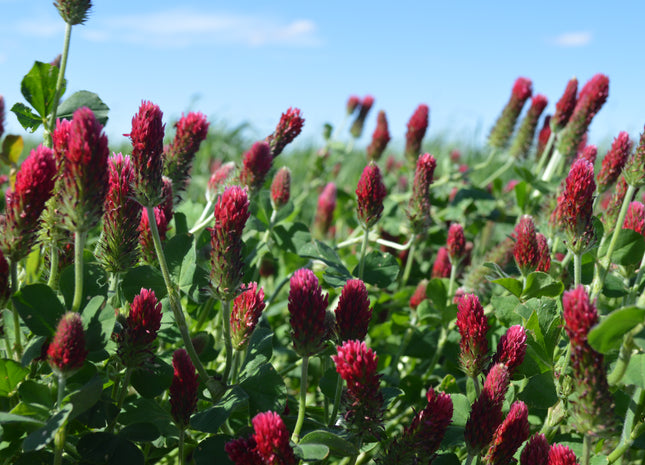
Crimson Clover (Kentucky Pride) - OMRI Inoculated
Kentucky Pride is an improved variety of crimson clover selected for more cold tolerance and more production (taller, deeper roots, more basal leaves and more tillering) than varieties like Dixie. Kentucky Pride crimson clover is a very fast establishing clover.
from $1.36 per lb

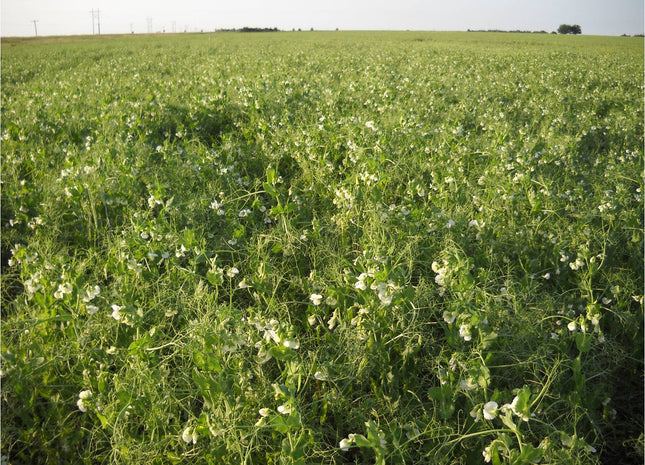
Spring Forage Pea (4010 Non-GMO)
Spring peas are one of the fastest growing spring legumes. Planted in spring after the harshest winter cold has passed, spring peas will tolerate some light freezing. Peas are commonly planted with oats as a high quality spring feed either for hay or grazing, or even a green manure. Peas work well in a mix as they will climb other plants to access sunlight. These legumes will also contribute to nitrogen fixing.
from $0.55 per lb
- Out of Stock

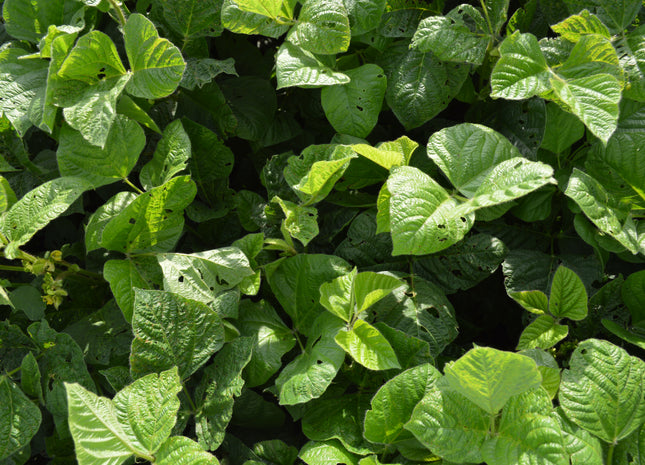
Mung Beans
Mung beans are a warm-season legume known for their remarkable heat tolerance and drought resistance. They exhibit rapid growth, maturing in just 65 days. One advantage of mung beans over cowpeas is that their seed pods remain intact, unlike cowpeas, making them an excellent source of late-fall protein for grazing livestock or wildlife. However, it's important to note that mung beans are highly susceptible to cold weather and require a minimum of 60 frost-free days to ensure successful growth. They can be used for both hay production and grazing and are compatible with peanut inoculant. Mung beans typically reach a height of around 3 feet and have a low to medium water usage. Their strengths lie in nitrogen fixation, forage production, and hay production.
from $1.36 per lb

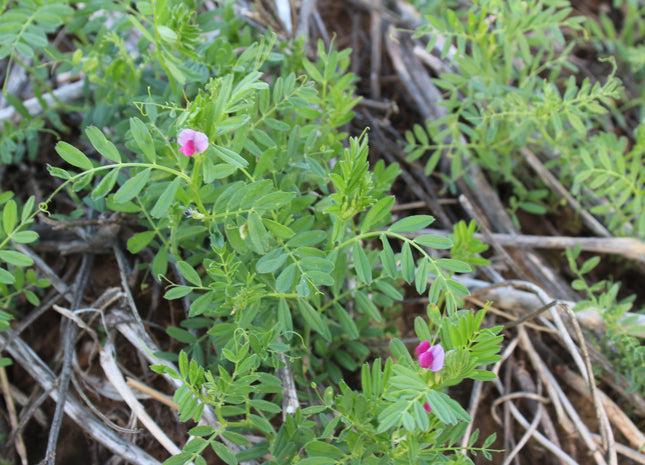
Common Vetch
Common vetch is a valuable cover crop widely used in the industry. As a leguminous plant, it provides nitrogen fixation, improving soil fertility. The extensive root system prevents erosion and helps control weeds. It enhances soil quality by adding organic matter, supports crop rotation systems, and provides early-season ground cover. Additionally, it can serve as a habitat for wildlife and, in some cases, offer forage for livestock. Common vetch's cold tolerance makes it suitable for various climates, but it is not nearly as cold tolerant as hairy vetch.
from $1.75 per lb

Berseem Clover (Balady) - OMRI Inoculated
Berseem clover produces a non-bloating, high quality forage, that's more palatable than alfalfa. Berseem forage has been observed to maintain a CP content of 28-30% throughout harvesting regiments, which is slightly higher than crimson clover or alfalfa. Berseem clover has low water requirements and can provide strong biomass recovery after being mowed. A rapidly, consistent stand can be achieved because germination can occur in just 7 days and minimal hard seed counts. This clover produces flowers which are self-sterile so reseeding is not a concern. These flowers do provide a great pollen source, which is highly sought after by honeybees. Berseem can be controlled easily with glyphosate or when planted in colder regions will winterkill. With good shade tolerance, this species can be utilized for interseeding into crop systems or forage mixtures.
from $2.35 per lb

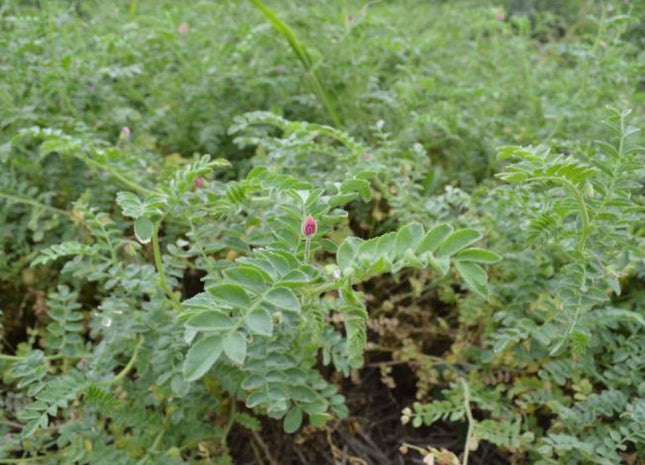
Chickpeas (Desi)
As the most heat tolerant of the cool season legumes, chickpeas offer a versatility that can be used in both warm and cool season mixes. Though not a great biomass producer, chickpeas are very drought tolerant and can help cover the ground in the midst of a summer drought. This taprooted plant can be used with grasses to add diversity and help break up compaction. As a legume, chickpeas will also fix nitrogen into the soil. Desi chickpeas have a smaller seed size so they blend well in a cover crop mix.
from $0.80 per lb

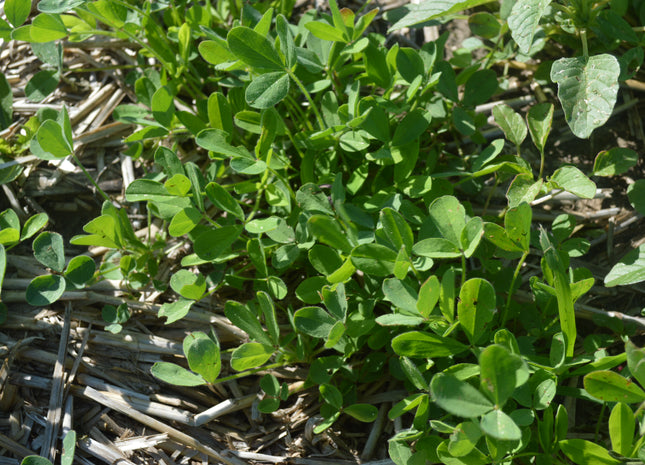
Berseem Clover (Frosty) - OMRI Inoculated
Berseem clover is a Mediterranean type that is salt tolerant, nitrogen fixing, and does well on light textured, sandy soils. Compared to other varieties of berseem clover, Frosty is later maturing, more cold tolerant, more productive, and has greater nutritional value. Frosty berseem clover can be overseeded into thinning stands of alfalfa as it looks very similar (before it blooms white) and it has excellent regrowth after cutting. For more information on Frosty berseem clover visit https://frostyclover.com.
from $3.85 per lb

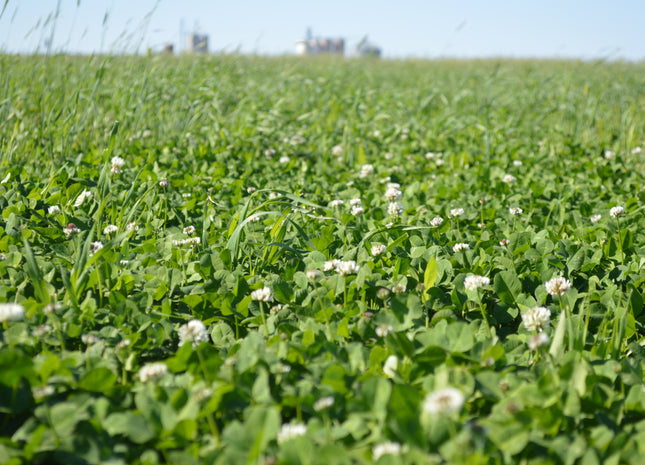
White Clover (Stamina Intermediate) - OMRI Inoculated
White Clover is an excellent choice for a perennial clover. The Stamina variety was developed to be more heat and drought tolerant than most other white clovers. Being a legume this plant can cause bloat, but rarely when it is in a mix with grasses. White clover is also a great choice for areas that have saturated soils.
from $6.05 per lb
- Out of Stock

Alsike Clover - OMRI Inoculated
Alsike clover is a perennial that thrives in low lying ground. For pastures or meadows with poor drainage and occasional water logging, this would be the first clover to try. Growing 2-4 feet tall with pink flowers, this adds a pollinator attracting and nitrogen fixing species to perennial pasture mixes. It should be considered that alsike clover can be toxic to horses.
from $4.05 per lb

Dutch White Clover - OMRI Exceed Pre-Coat Inoculated
Dutch white clover, a true perennial, is the most widely-grown clover in the United States. White clover is widely adapted and can often live for several years. It can be found growing naturally from the Arctic Circle to all parts of the temperate regions of the world. It is quite tolerant of traffic and a natural spreader. This grazing ability is achieved by its high seed production (reseeding) and an extensive network of creeping stems called stolons. Dutch white clover is extremely tolerant of heavy grazing and shade.
from $4.40 per lb

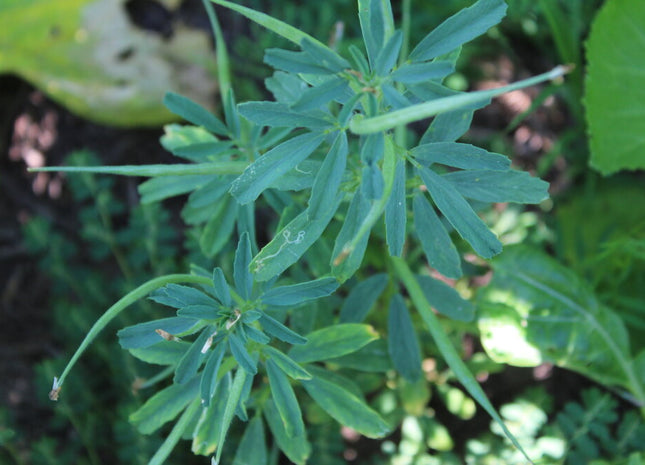
Fenugreek - OMRI Inoculated
The name Fenugreek literally means "Greek Hay" and is used across the globe as a highly productive forage for livestock. Fenugreek is commonly used in pastures and haying situations due to it's livestock health benefits including promoting reproductive and digestive health. In fact, some of the top soil scientists in the world recommend adding fenugreek to every livestock diet. This plant looks similar to clover with flowers resembling common peas. As a warm season plant, fenugreek loves sunlight and heat and makes a great addition to any warm season mix for its grazing and nitrogen-fixing characteristics. *Please note this is NOT food grade seed and is NOT recommended for human consumption.
from $1.89 per lb

Aberlasting Kura/White Clover - OMRI Inoculated
Aberlasting clover is a cross between caucasian and white clover. The excellent and high quality forage from the white clover mixed with the persistence under extreme stress conditions from the caucasian clover make a very adaptable and hardy clover.
from $9.83 per lb

Lab Lab (Highworth)
Lab lab is a highly palatable warm season legume native to Africa and Asia. It loves hot and dry conditions and is generally used as forage for livestock or in a food plot situation. Lab lab looks similar to a soybean plant, but generally grows taller and can be quite dense due to it's vining growth pattern.
from $2.35 per lb

Aeschynomene (American Joint Vetch)
Aeschynomene, or American joint vetch, is a highly palatable warm season annual legume. Also known as deer vetch, joint vetch is particularly popular among food plot enthusiasts as it attracts wildlife such as whitetail, wild turkey, and bobwhite quail. American joint vetch not only provides excellent nutrition for large animals, but also excellent habitat for game birds. American joint vetch is an excellent way to add diversity to a mix and increase nitrogen fixing capabilities. This plant thrives in acidic, low fertility and wet soils and exhibits natural resistance to pest and disease.
from $7.55 per lb
- Out of Stock


Organic Crimson Clover
Note: This product is certified organic. Crimson Clover is one of the fastest growing, fastest establishing clovers. Known for its beautiful, deep red, cone shaped bloom, crimson clover is one of the most aesthetically pleasing cover crops and a popular choice for pollinator insects.
from $3.10 per lb


Organic 4010 Spring Forage Pea
Note: This products is certified organic. Spring peas are one of the fastest growing spring legumes. Planted in spring after the harshest winter cold has passed, spring peas will tolerate some light freezing. Peas are commonly planted with oats as a high quality spring feed either for hay or grazing or even a green manure.
from $0.80 per lb

